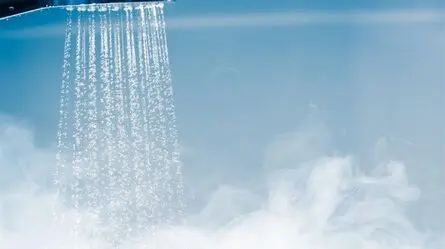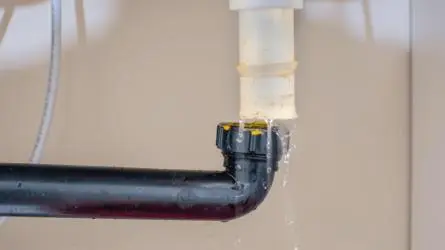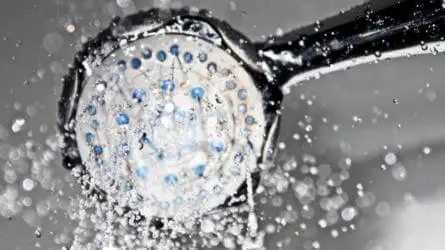There’s nothing quite like a warm, relaxing shower at the end of the day. But what happens when your shower head doesn’t provide enough hot water?
Low hot water pressure could point to significant issues with your home’s plumbing that need urgent attention. If your shower head isn’t giving enough hot water, despite turning the knob all the way, it’s worth checking your water pipes and heating system.
If your hot and cold water lines seem fine, but the flow has dropped suddenly, it might be an issue with the main water system. Today, we’ll explore some reasons to help you figure out what’s happening.
Causes For Low Water Pressure In Shower
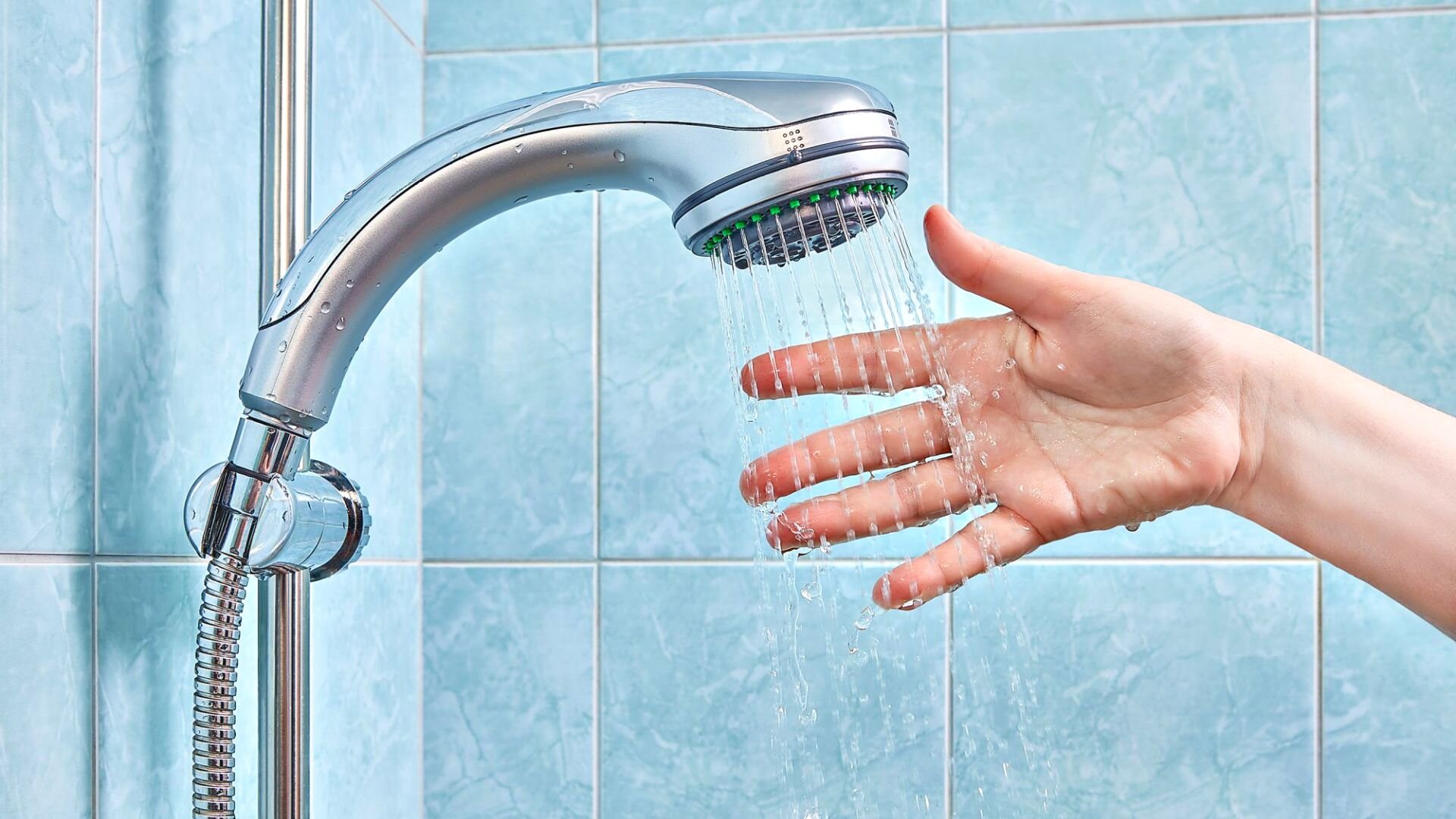
1. Build-up Of Debris, Mineral Deposits And Sediments
Mineral deposits commonly cause low water flow in shower heads, faucets, and kitchen sinks. It’s best to check your house’s hot water pipes and cold water taps when experiencing low water pressure.
The build-up of these mineral deposits and sediments usually takes a long time but can clog the aerators of your hot water fixtures. These clogged aerators disrupt the water flow, resulting in low water pressure in your shower heads and faucets.
In such cases, hiring a professional plumber who can assess and clear the clog is wise, boosting your shower head’s water pressure. Alternatively, you could try DIY methods like soaking the shower head in vinegar overnight to clear the sediment and clean the aerator.
2. Leaky Shower Heads
Low pressure of hot water systems can also be due to leaky fixtures, which can compromise the normal water flow. If they trickle water slowly, it’s easy to overlook dripping or leaky water fixtures. But this constant water trickling can lead to low water pressure, and you might have to take a cold shower after a long day.
Make sure you close the taps properly to prevent any drips. However, if your shower head or sink faucet keeps leaking even after you’ve tightened the knob, it’s time to call in an experienced plumber.
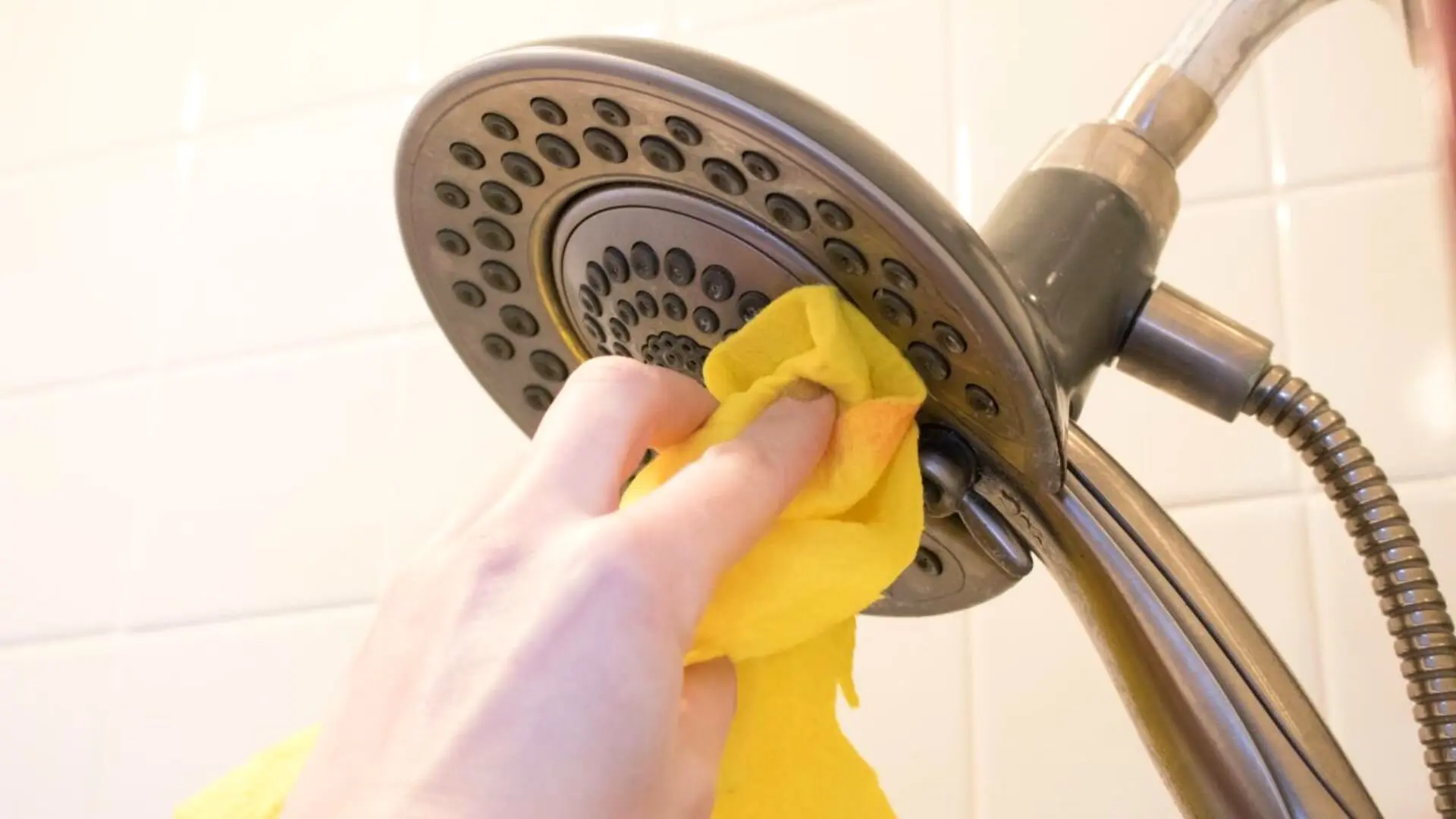
3. Burst, Clogged & Leaking Pipes
Burst or leaking pipes can result in low water pressure in the shower. Corroded metal plumbing pipes can also cause frequent water leaks that reduce hot water pressure in your shower. Poor maintenance of metal pipes is one of the common causes of low shower pressure.
If your water pipes are clogged, the regular water supply to your bathroom or kitchen fixtures can be disrupted. Under these circumstances, call a qualified plumber to examine your water supply line and repair the pipes to maintain good hot water pressure.
4. Faulty Water Pressure Regulator
A water pressure regulator’s job is to act as a flow restrictor to adjust the water pressure and flow from the town’s main water supply to your residential plumbing system. That way, it can prevent plumbing damage to your home’s water pipes if the pressure of the town’s main water supply line is too high.
If the pressure regulator starts to fail, your shower pressure will drop, making long, hot showers less enjoyable. You can check the regulator’s pressure by installing a gauge and call a skilled plumber if it’s not working right.
5. Partially Closed Water Main
If you’re experiencing reduced water flow throughout your house, it’s time to check the main water meter valve. The main water valve is typically located inside your home near the water heater or the garage, and it can be either a wheel or a ball valve.
However, the primary shut-off valve can be located outside your house inside an underground cement box labelled a “water meter.” If you have a wheel water meter valve, rotate it counterclockwise to check whether it’s entirely open and restore shower pressure.
If you have a ball valve, ensure the handle is parallel to your home’s main water line to open it fully.
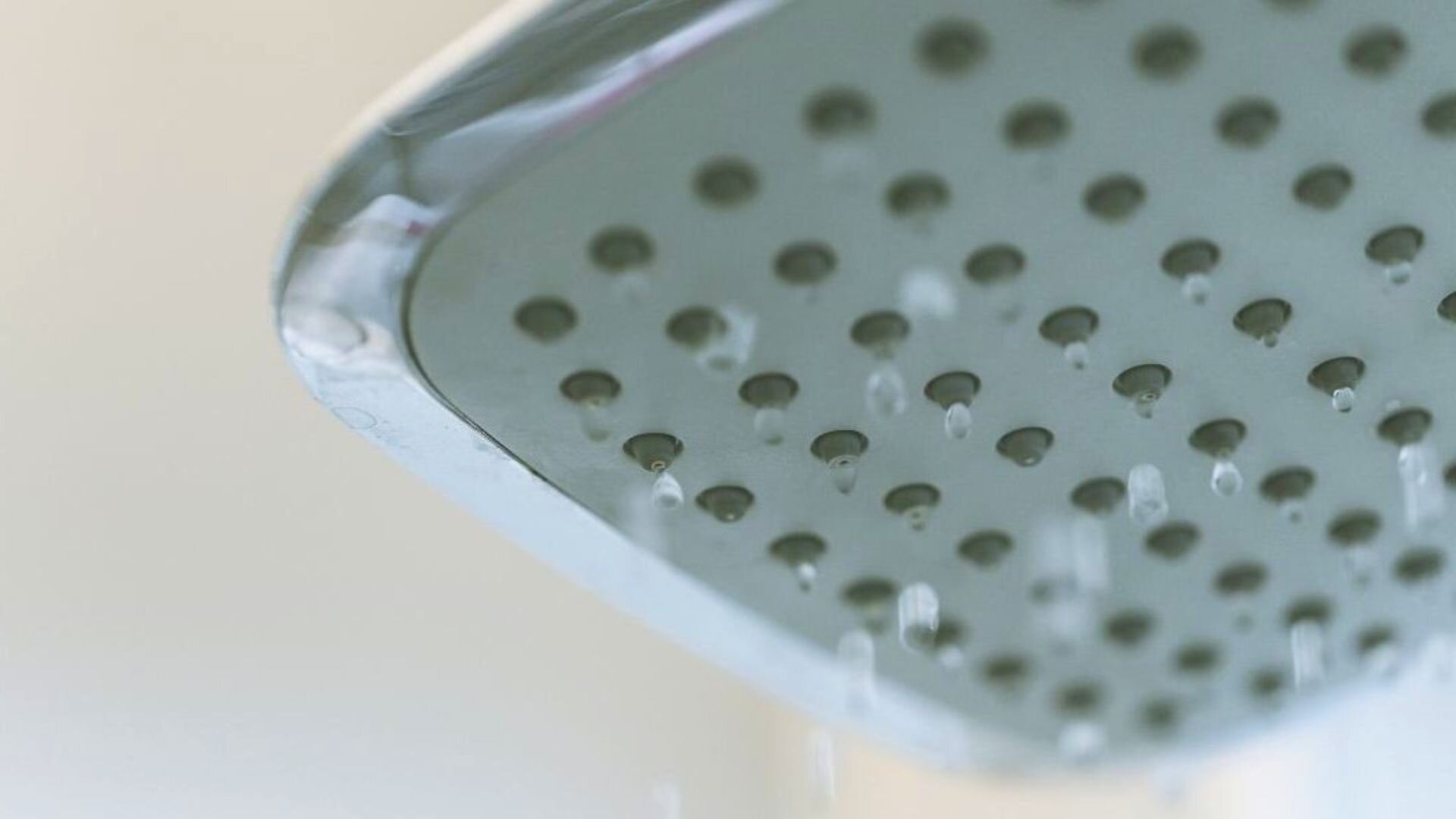
6. Old Hot Water System Tank
You might experience low water pressure while taking a hot shower because of the worn-out mixing valve of your old hot water system. The mixing valve blends hot and cold water to maintain a safe water pressure range during a hot shower.
However, once the water filtration system inside the water heater starts to deteriorate, it affects the efficiency of the mixing valve, causing low pressure in the shower.
Bring Back Warm Showers!
No one wants to deal with low shower water pressure. However, with these tips, you can hopefully avoid cold showers. Low-flow showerheads can make the whole experience of taking hot showers tedious because you might have to wait hours to get enough hot water.
Hiring a professional with the expertise and tools to sort out your plumbing problems is always smart. A licensed plumber will examine your whole water line to find the issue and prevent future troubles, whether for leaky pipes or outdated inline valves. For problems with clogged pipes, shower water pressure, or hot water systems in Perth, please contact our expert plumbers at Woolf Plumbing & Gas.
So, enjoy a relaxing, hot shower, and if you face any issues with your plumbing system or low pressure, you know what to do!


